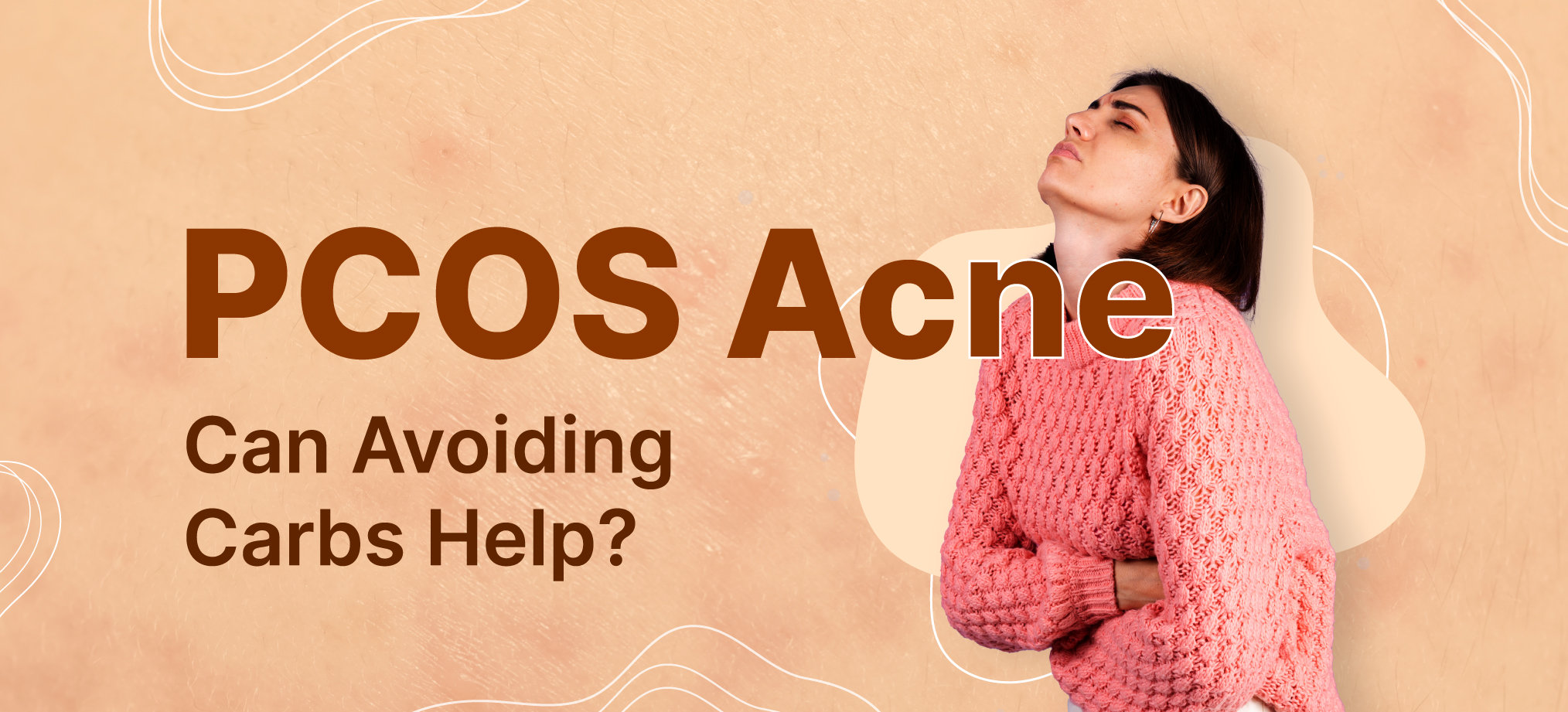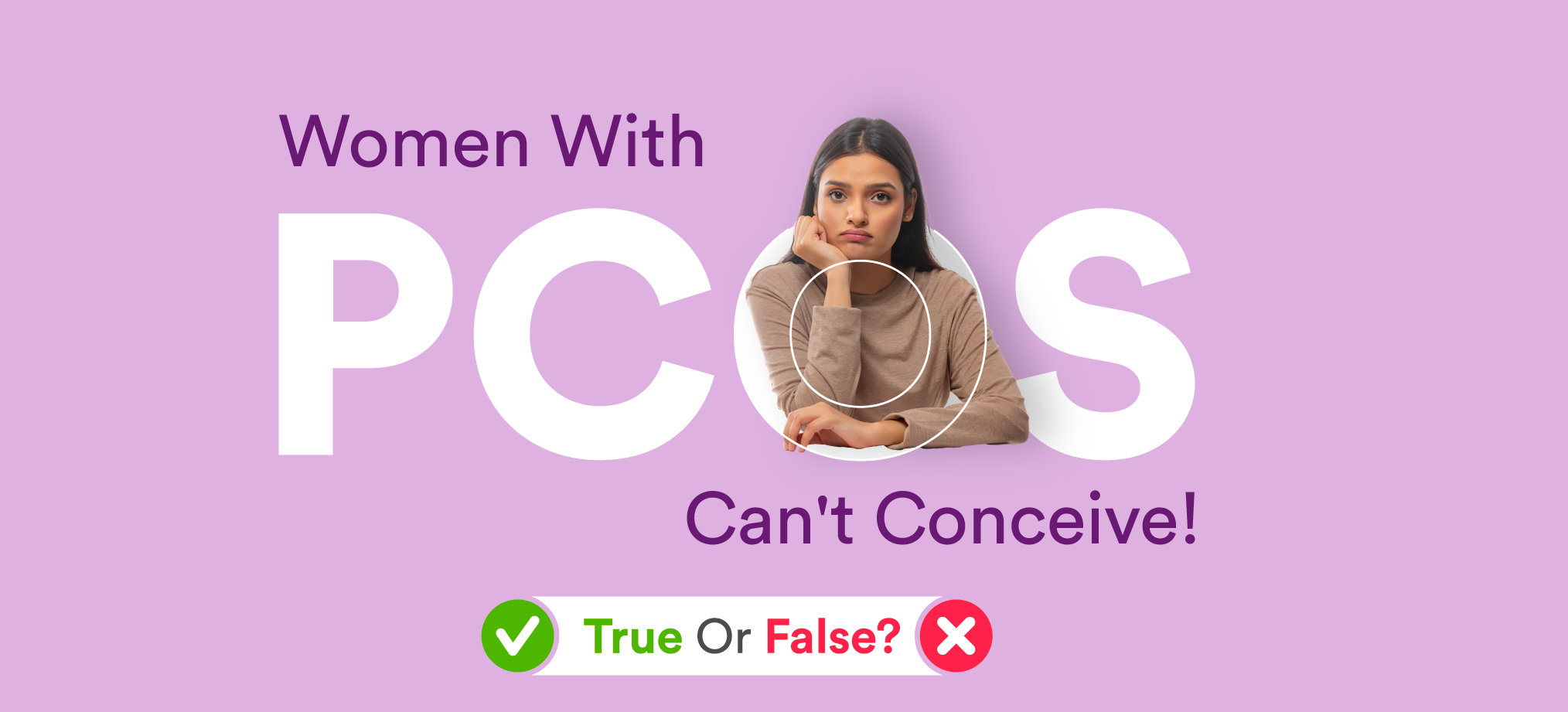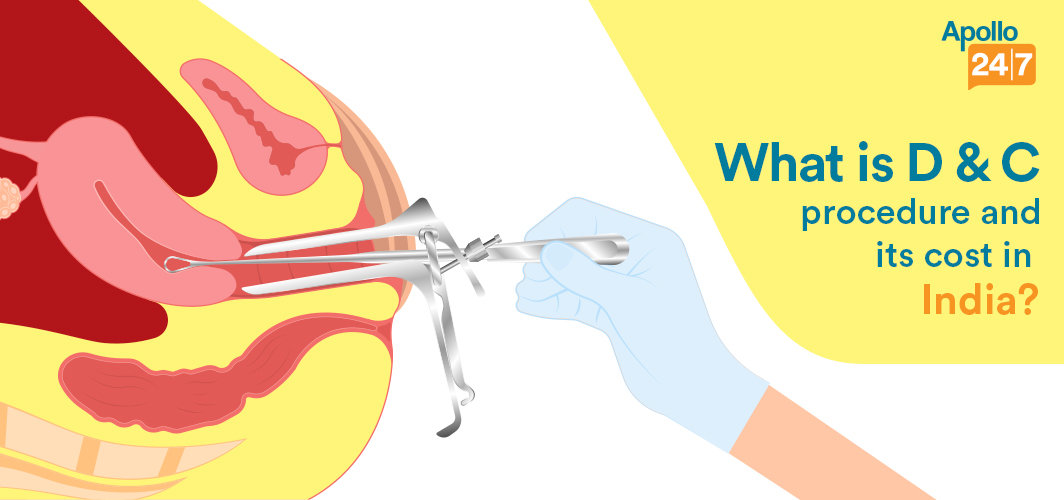- Home
- Blog
- Women Care
These 3 Factors Can Cause Impotence in Women
Women Care
These 3 Factors Can Cause Impotence in Women
By Apollo 24|7, Published on- 08 February 2023, Updated on -24 February 2023
Share this article
0
0 like

Though impotence in men is widely discussed, the issue of impotence in women is still brushed under the carpet. Impotence in women, also known as female sexual dysfunction, could be the result of physical, psychological, or hormonal problems. Let us dive into the various reasons for this condition and how one can deal with it.
Understanding Impotence And Infertility
Though impotence and infertility may seem synonymous, they are two different issues. Some of these differences include:
- Impotence is the inability to have sexual intercourse due to several factors, while infertility is the inability to conceive or carry a pregnancy to term.
- Impotence can be caused due to psychological issues, while infertility results due to physical issues or lifestyle factors.
According to Dr Mithee Bhanot, a gynaecologist associated with Apollo 24|7, “female sexual dysfunction is a common complaint seen in outpatient department now a days, especially due to the stressful lifestyle. Although attributed to physical and mental factors, these can be easily managed by proper treatment and lifestyle changes.”
Causes Of Impotence In Women
The causes of impotence in men and women are varied. Here is a list of possible reasons for impotence in women.
1. Physical Factors
Physical factors that can lead to sexual dysfunction in women include:
- Heart disease
- Bladder problems
- Endometriosis
- Uterine fibroids
- Vaginitis
- Diabetes mellitus
Additionally, certain medications can also hamper the body's ability to experience orgasms and reduce their libido. Some of these medications include:
- Antidepressants
- Blood pressure medicines
- Anti-histamines
- Chemotherapy drugs
2. Hormonal Factors
Impotence can develop after menopause due to low oestrogen levels. Moreover, the vaginal lining gets thinner and less elastic post-menopause, causing discomfort during sexual activity. A woman may also have less desire for sex if they have recently given birth and are breastfeeding.
3. Psychological and Social Factors
Psychological factors that may result in sexual dysfunction in women include:
- Chronic anxiety
- Depression
- Unhealthy relationship with the partner
- Cultural and religious issues
- Body dysmorphic disorder (finding flaws in appearance)
- Negative sexual encounters in the past
How To Treat Impotence In Women?
With the right care and treatment, impotence can be reversed in almost all cases, regardless of the underlying cause. Taking help from a mental health expert may help deal with the psychological reasons for impotence. However, if you are dealing with problems such as painful intercourse, or decreased vaginal lubrication, consult a qualified OB/GYN.
FAQs
1. What are the signs of impotence in women?
The most common signs of impotence in women are a lack of desire to have sex, difficulty getting aroused, difficulty in orgasm despite getting enough stimulation, and pain during intercourse.
2. Can female impotence be cured permanently?
The treatment for impotence depends on its cause. Your doctor will discover the cause of your impotence and provide you with the best treatment possible.
3. How to treat impotence in women?
The treatment for impotence in women depends on its cause. If your impotence is due to physical or hormonal issues, your doctor will prescribe medicines. However, if the impotency is due to psychological reasons, you may need counselling.
4. Does masturbation cause impotence in women?
No, there is no association between masturbation and impotence. Moreover, masturbation results in improved orgasmic ability and greater sexual satisfaction.
5. Can an impotent woman get pregnant?
Yes, impotence does not affect a woman's fertility at all. Therefore, an impotent woman can get pregnant without difficulty.
If you are suffering from impotency and need medical advice,
Medically reviewed by Dr Sonia Bhatt.
Services
Women Care
Leave Comment
Services
Recommended for you

Women Care
7 Tips To Manage PCOS Acne
Acne caused by polycystic ovary syndrome (PCOS) is a common skin problem among women. Not to mention, keeping it under control is a major struggle. Explore useful tips on how to avoid breakouts in PCOS through this blog.

Women Care
Can PCOS Affect Your Chances Of Getting Pregnant?
PCOS is one of the most common problems experienced by a large number of the female population in the world. It often impacts the chances of getting pregnant. Read on to understand the reason why it affects your chances of getting pregnant.

Women Care
D and C Procedure: What is it and its Cost in India?
D and C is the abbreviated form of Dilation and Curettage. It helps in detecting the reason or cause of heavy bleeding and removal of uterus lining during or after a miscarriage. Know more about D and C by reading this article.
Subscribe
Sign up for our free Health Library Daily Newsletter
Get doctor-approved health tips, news, and more.

